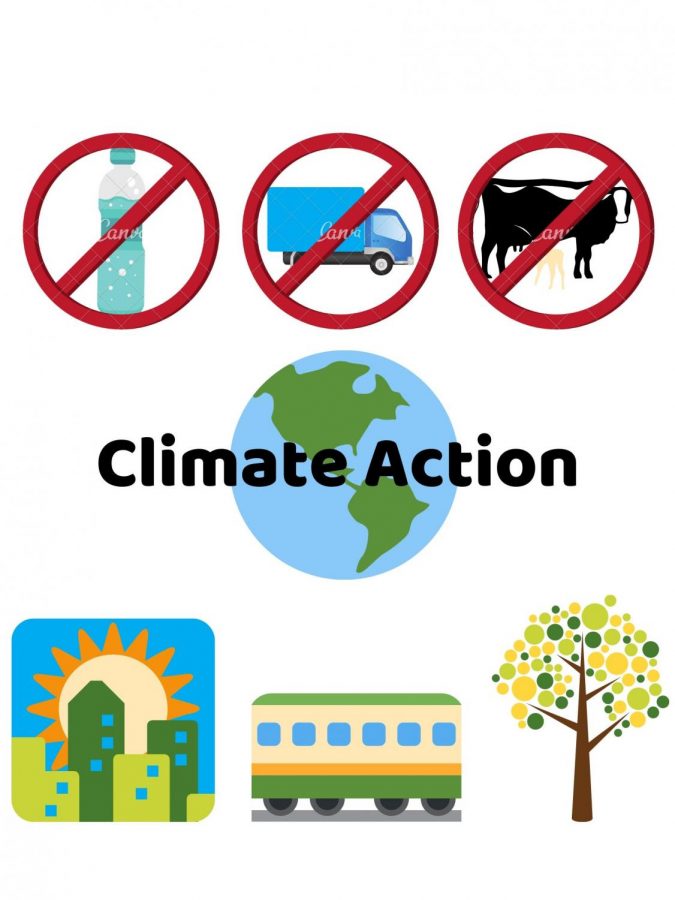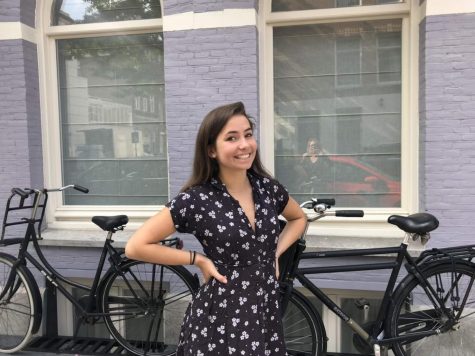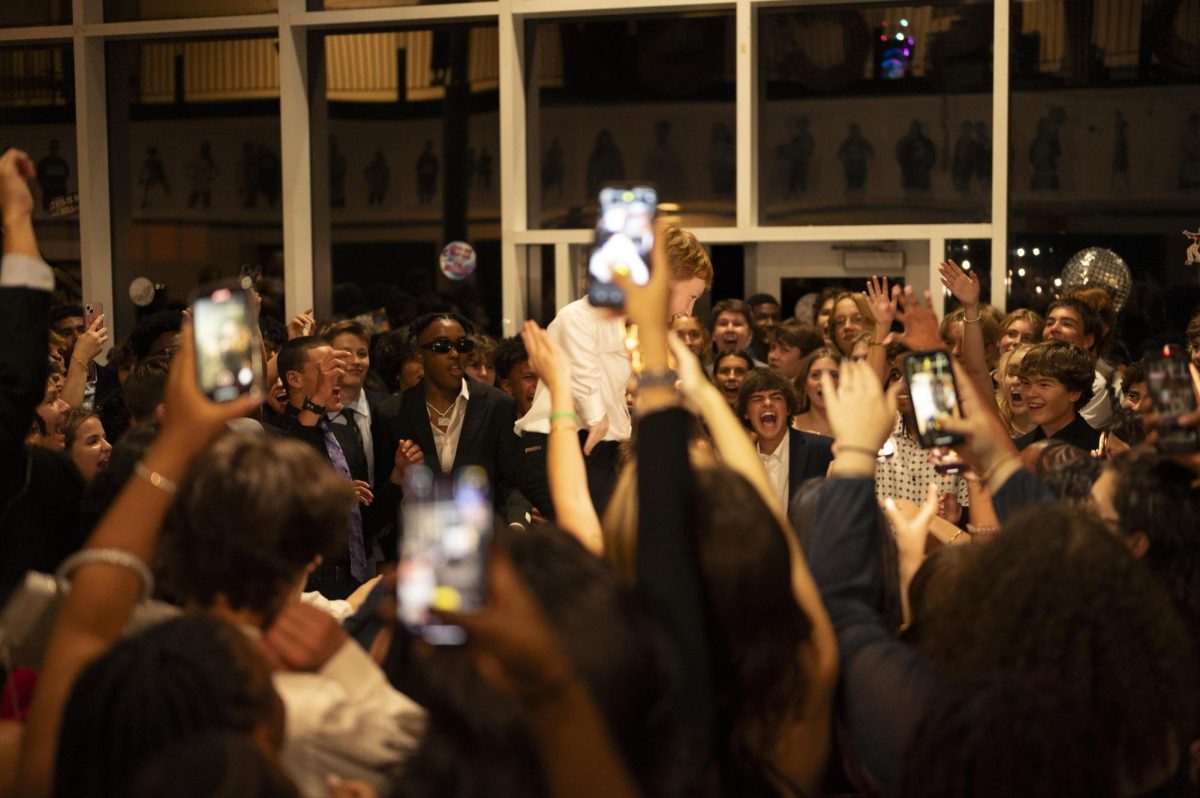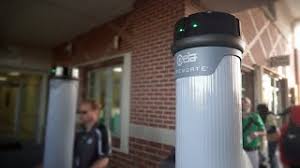Changing Climate Change
Here are some impactful ways to help save the environment!!
October 15, 2019
With the recent national and global action to fix climate change and delay the environmental impact of human kind, students and adults alike are wondering what exactly we can do to make the change we need to keep our earth inhabitable for future generations.
Climate change has been brought to the forefront in most political and cultural debates in recent months, as more people begin to understand how detrimental our human activities has been on the environment, and more and more research is arising proving that soon Earth’s environment will reach a point of no return, and the climate and environment will imminently get worse.
While many public figures have taken a stance on the issue and encouraged action to fix the climate, they are calling upon everyone, especially people who don’t have as large of a platform, to make a difference. That includes us here at C.H.S. However, while we may feel helpless to change many of the large causes for climate issues, there are things we as students and citizens can do to make an impact.
- Limit plastic use.
Single use plastic is one of the major causes of land pollution and ecosystem depletion because it lasts forever, it does not decompose, and is also made from fossil fuels which impact the atmosphere tremendously. While we cannot avoid all plastic use because it is a widely used material, you can do small things, such as getting a reusable water bottle, recycling or buying recyclable materials, or bringing your own reusable bag instead of a plastic one.
- Change your transportation.
Fossil fuel and gas emissions are a huge cause of atmospheric pollution, because they release carbon dioxide. Limit the release of emissions by carpooling whenever possible, taking public transportation, biking or walking, flying less, and looking into electric travel.
- Conserve energy and use renewable energy sources.
If you have the means to, look into renewable energy sources for your household, such as solar panels for electricity to limit fossil fuel use. Use more fans and less heat and air conditioning, and take colder and shorter showers.
- Buy local.
Buy food and clothes from stores where they source locally, and limit ordering online. This limits transportation emissions from trucks and planes.
- Plant trees.
Trees absorb carbon dioxide, and also provide as ecosystems. You can also donate to foundations that do this, but make sure they’re legitimate.
- Change your diet.
Agriculture uses copious amounts of fossil fuels and water for production and transportation, and also destroys some ecosystems. Cow farming produces a huge amount of greenhouse gasses, which impact our atmosphere. Limit the amount of meat and dairy you eat, compost, and eat and buy locally and from small farms when possible.
- Avoid non-environmentally friendly companies.
Identify and avoid companies that are not environmentally friendly, use a lot of fossil fuels, or exploit resources and the environment. For example, buy second hand, or from sustainable companies, instead of fast fashion, which is mass produced, inexpensive clothing that often exploits workers and pollutes the environment in third-world countries.
- Donate to organizations for climate action.
Do your research, but donating to the right cause can make a difference. Look at the US Climate Action Network to find organizations involved in helping fix climate change.
- Advocate for political action.
While doing these small things can make a large impact, there is only so much we can do on our own. By demonstrating, writing and calling to lawmakers, and voting (when you’re able) for representatives whose policies are for climate action, laws can be made to limit fossil fuel use in major companies, plastic use, and stop environmental destruction, which all help stop climate change and the environmental crisis.
- Spread awareness and have conversations.
Having progressive conversations with peers and other community members is crucial, so that we can all understand what climate change is, the causes and the impacts of it, and what we as citizens can do to fix it.
While not everyone is capable of doing some of these things, make sure you do what you can and have the means to! We can no longer just expect a certain number of people to do all of these things perfectly, because that is not what will make a difference. What makes the change is everyone doing one or a few of these things all the time. The world we live in is something we all have in common, and it’s the only one. At this point we can all agree we have to change the way we live to protect it.






